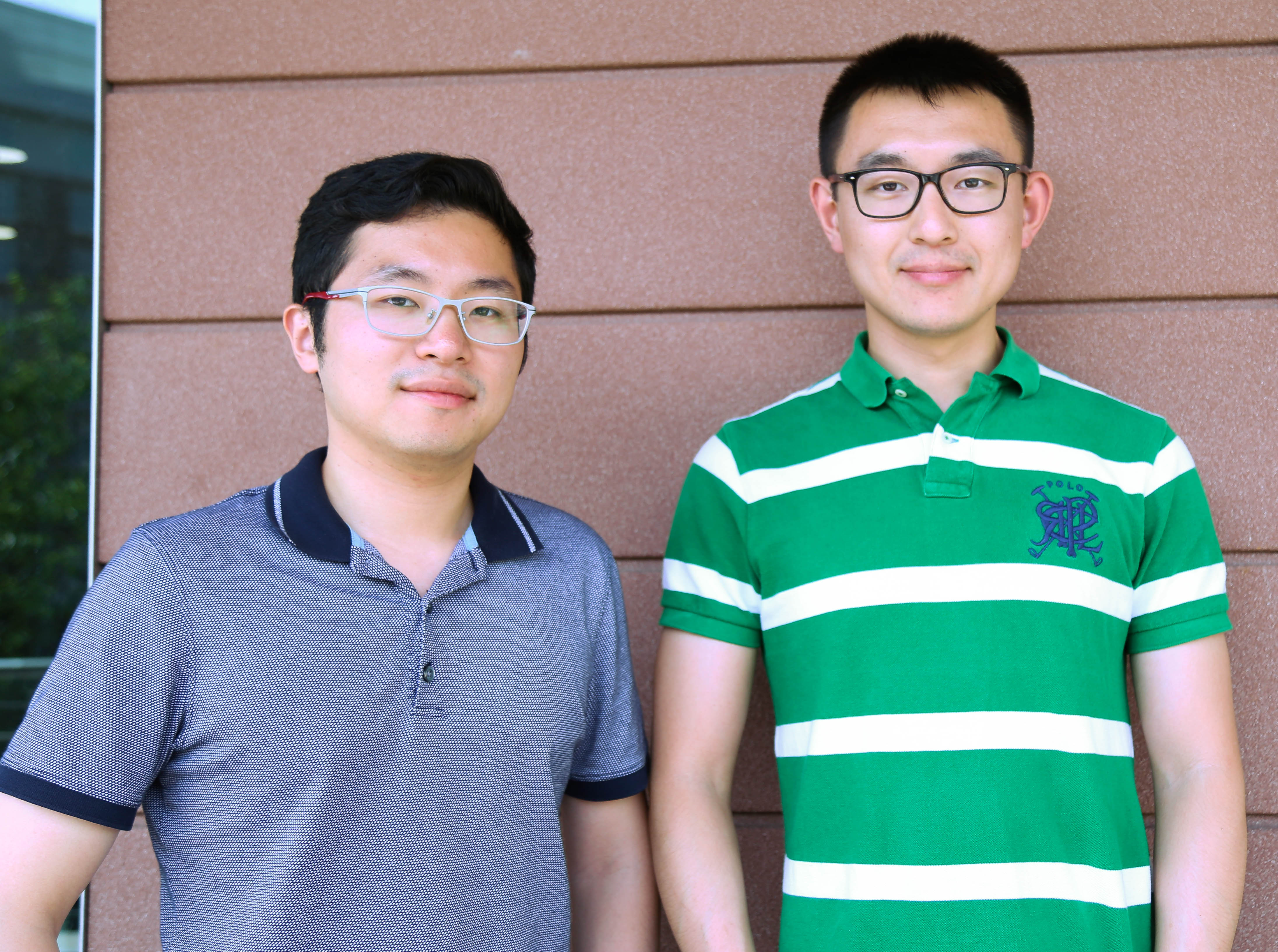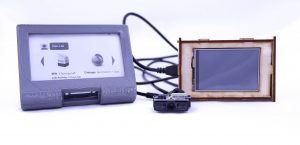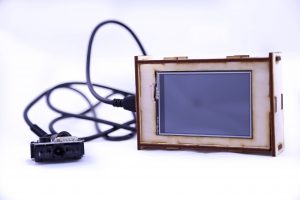
Rev Hardware Accelerator Team Develops New Recipe To Reduce Food Waste
Have you ever forgotten about something in the back of your fridge, only to remember it too late and be left with nothing to do but throw it out? If so, you’re not alone. The USDA estimates that nearly 40 percent of all food purchased in the U.S. is thrown out. “Food waste, which is the single largest component going into municipal landfills, quickly generates methane, helping to make landfills the third largest source of methane in the United States,” reports the USDA website. To address this issue, one Hardware Accelerator team, Foodopia, has developed a tool to help us be smart about the way we use our food.
Foodopia co-founders Yifan Cheng, Xiaonan Hui, and Mincong Liu are using a RFID (radio frequency identification) scanner to scan refrigerator contents and estimate the expiration time for each item . The scanner will then send information to an app, automatically tracking produce, and notify users when an item should be used. They’re also engineering the app to provide recipes based on food available in the fridge, to inspire users to use the food. Rather than an expensive smart fridge or a phone application that requires manual input, Foodopia will work with any refrigerator and require minimal work from the user.


Foodopia Functional Prototype and Design
Food waste is a widespread and costly problem crossing the intersections of environmentalism, poverty, health, hunger, and wealth disparities. According to the USDA, an average U.S. family of four leaves more than two million calories, worth nearly $1,500, uneaten each year; in 2013, the USDA initiated the U.S,’s first ever national food waste challenge to reduce food waste 50 percent by 2030.
Foodopia’s product stands the chance of significantly helping to reduce that number, but the team said they had to learn the language of startups to set up there business to succeed. In the Hardware Accelerator, the team’s focused on combining their PHD knowledge with their new business know-how.
“[W]e are very detail oriented but we lack formal business training. The Hardware Accelerator has been very helpful,” Cheng, Lead Engineer.
In the Hardware Accelerator, the team said it was challenged to stop seeing their product for what they knew it was, but for what customer wanted to see. The teammates learned, about customer discovery, that they if they were ultimately designing this products for others, they had to step out of their comfort zone and design with others in mind.


Foodopia Functional Prototype
“We learned important lessons: don’t solve our problem, but listen to the customer. Listen to feedback. Try not to be defensive,” said Liu, Lead Designer.
The team is now refining their prototype for Rev: Ithaca Startup Works’ Hardware Demo Day on August 10th. They are working to expand their network to get in touch with grocery stores and refrigerated food brands. The team said it looks forward to a future where young adults can be empowered to make sustainable choices with their food and food waste is a problem of the past.
